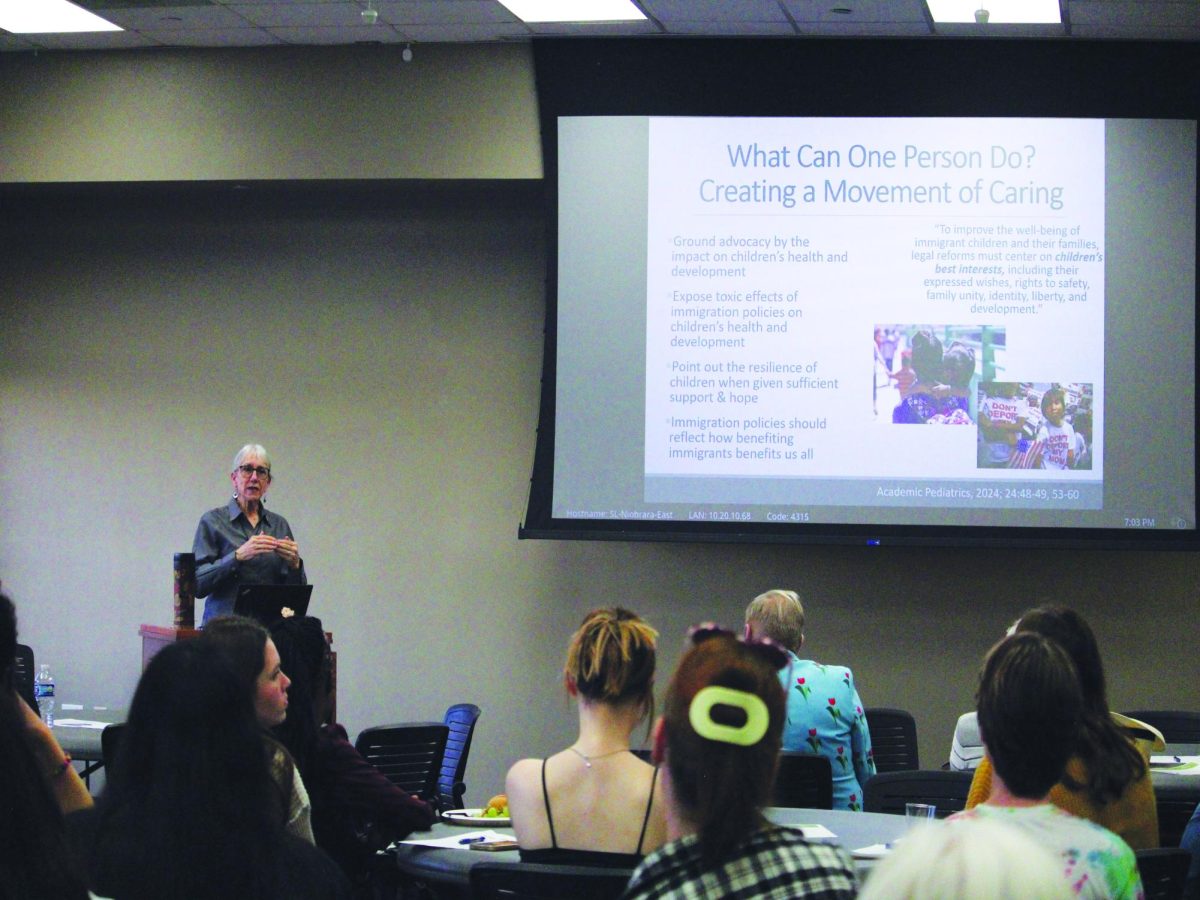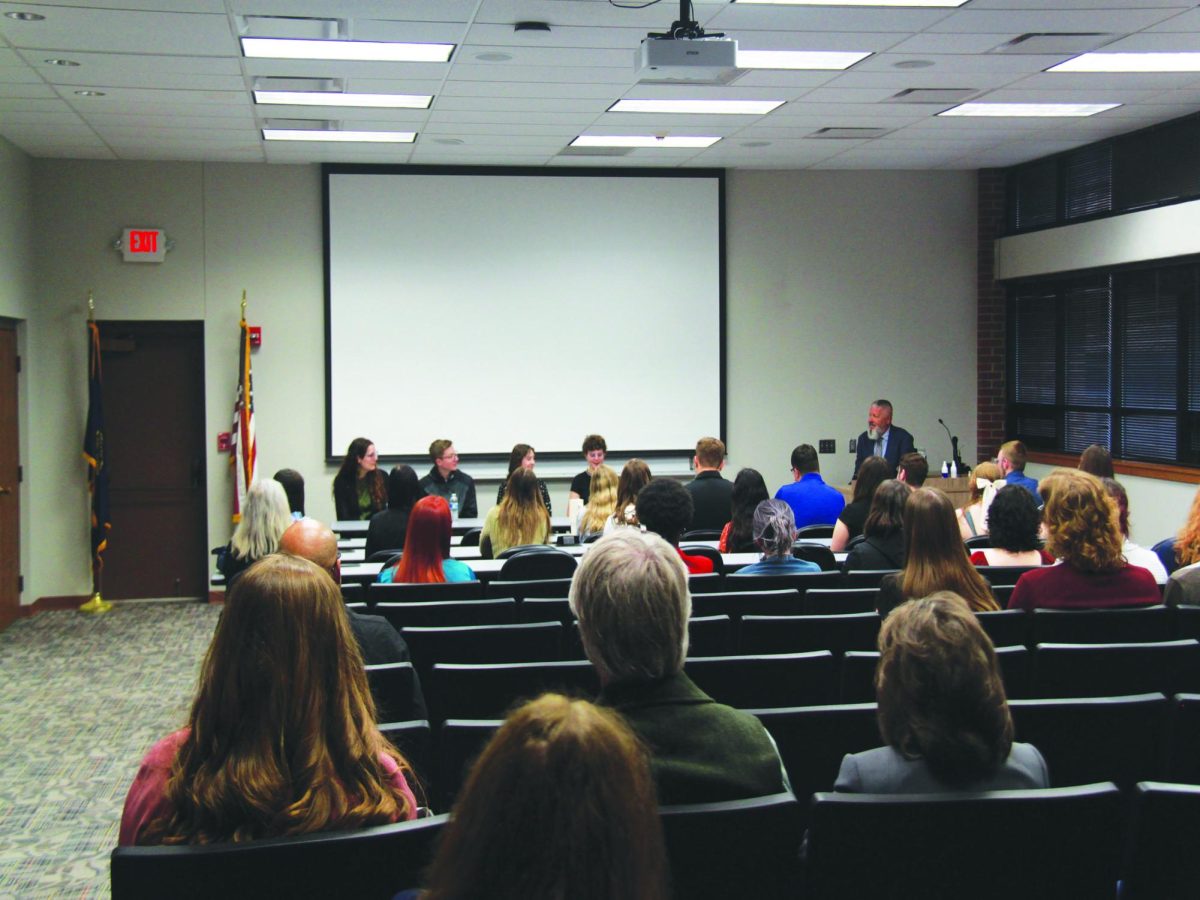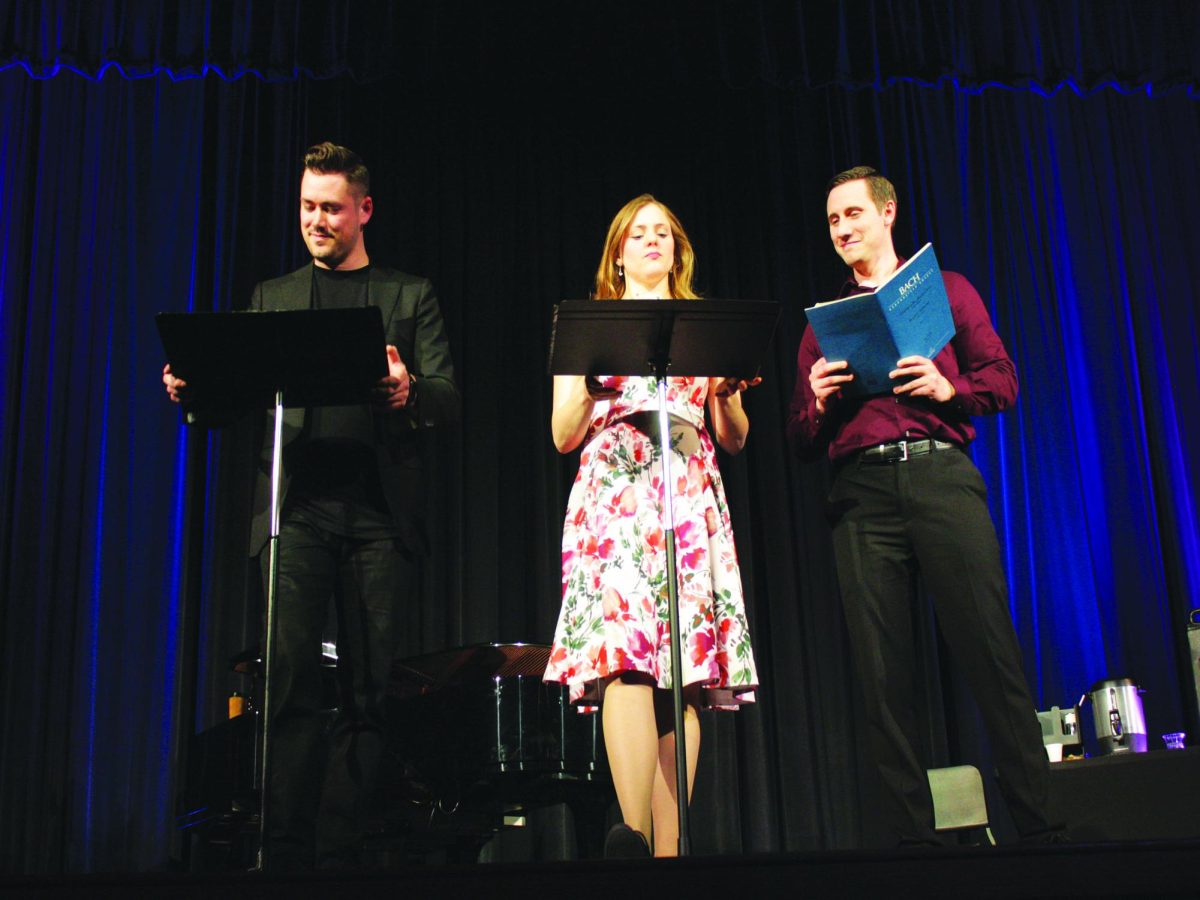The World Cup in Qatar: Built on Lies
December 2, 2022
The 22nd edition of the FIFA World Cup kicked off this past month in the middle eastern country of Qatar.
Controversy is a word you are going to hear a lot in this column as this World Cup is surrounded by it. This includes the stances this country has on the treatment of its migrant workers and LGBTQ+ community in a country where homosexuality is illegal. Before we dive into the present day, we need to look at some of the earliest controversies this tournament has presented to paint a better picture of some of the censorship that Qatar and FIFA have taken since awarding the tournament almost 12 years ago.
To start with when the country was awarded the tournament in 2010, they lacked the pedigree of a sporting nation with no sporting infrastructure or athletes to speak of. Ironically despite treating migrants poorly. Roughly 5% of their national team at the time hailed from the country. They were ranked 112 in FIFA’s international rankings and had never been to a World Cup before hosting the tournament in 2022. In a bid to improve their team they have offered incentives to players who have not represented their birth nations to become citizens of Qatar.
The country has faced allegations of trying to “buy” the tournament and the votes of other nations after it was discovered FIFA vice president Jack Warner in 2015 had received almost 2 million dollars in money from a Qatari organization linked to the bid. Other alleged incidents include countries such as France whose representative voting in favor of the tournament as it favored them in trade deals and pressured many of his colleagues to do so in an investigation done by British News publication “The Guardian.”
The biggest controversy by far is the treatment of migrant workers who were brought to the country to build the stadiums. These workers worked under the now illegal Kafala System. A law used primarily in the middle east requiring migrant workers to have a sponsor to be in those countries to work. Construction firms hired to build public Infrastructure such as their new world cup stadiums and transportation infrastructure abused this system to complete these projects.
A 2013 report by “The Guardian” found that workers were being denied food, water, had their passports taken away and were never paid rendering them fundamentally as slaves. As of last year, it has been estimated that the death toll from this tournament is around 6,500 workers most of whom were migrant workers who were healthy young men. The causes of death listed on most of the certificates were of “natural causes” such as heart and lung failure suggesting proper safety precautions were not being followed and over work in the desert heat.
Despite all these allegations FIFA has not turned away from this tournament. They have pushed forward telling participating nations to stop publicizing Qatar’s poor human rights records. Sky Sports News, a news outlet in the U.K., obtained a letter from FIFA to all 32 teams telling them to “respect all opinions and beliefs without handing out moral lessons to rest of the world and focus on Football without politics.”
The governing body has since banned the wearing of “One love” armbands featuring rainbow colors associated with the pride movement. European countries such as Germany and England were poised to wear these in their opening matches of the competition.
Instead, the German National team came out with their own protest. In their opening match against Japan, the Germans came out for their national anthem covering their mouths signifying the gagging and censorship imposed by FIFA and the Qatari government. This has come with a crackdown by security at the events removing rainbow bucket hats from Welsh fans and detaining famous US soccer journalist Grant Wahl for his rainbow shirt. All of this despite assuring fans and FIFA that there would be no consequences for wearing pride gear. Qatar has shown no qualms of going back on agreements just days before the tournament.
With all the incidents listed above, this World Cup is proceeding in the fashion we all expected it to in the western world. While I understand where Qatar is coming from, and I implore tourists to respect the country’s customs and laws.
However, this does not mean they can invite the world to their doorstep and expect them to all be silent. It would be foolish of me and the many other news outlets covering this tournament to not report on the treatment of tourists in just the first week of this tournament. At the end of the day, it brings to question just how is the average citizen treated in the desert nation daily.








